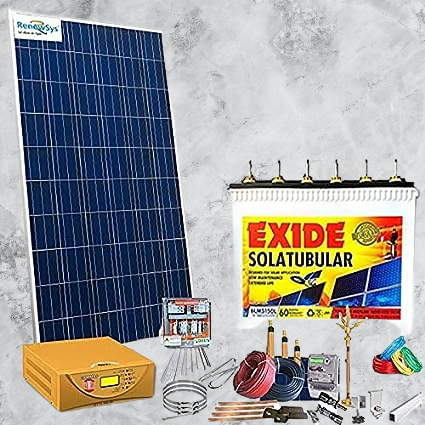Solar installers are waiting to find out which solar panels are considered US-made and qualify for subsidies
The determination of which solar panels are considered US-made and qualify for subsidies is an important factor for solar installers and developers in assessing the financial viability of their projects. The distinction of US-made panels often depends on the rules and regulations set by the government and industry bodies.
In the United States, the Buy American Act and the Trade Agreements Act are two key pieces of legislation that impact the eligibility of solar panels for subsidies and incentives. These acts require a certain percentage of components used in federal government projects to be manufactured in the United States or in countries that have a trade agreement with the US.
However, the specific criteria and guidelines for determining whether a solar panel is considered US-made can vary. The US government and industry associations may establish additional requirements or certifications that manufacturers must meet to qualify for subsidies and incentives. For instance, the Department of Energy's SunShot Initiative has established the "Made in America" Solar Prize, which encourages domestic manufacturing of solar technologies.
To address the concerns and provide clarity to installers and developers, it is crucial for the government and industry bodies to define clear and consistent guidelines regarding the qualification of solar panels for subsidies. This would enable solar companies to make informed decisions about the equipment they choose to install and ensure compliance with the eligibility requirements.
The determination of US-made solar panels for subsidies not only affects the financial considerations for solar projects but also has implications for domestic manufacturing and job creation. By incentivizing the use of domestically manufactured solar panels, policymakers aim to promote the growth of the domestic solar industry and support local economies.
In conclusion, the specific rules and regulations for determining which solar panels are considered US-made and qualify for subsidies can impact the decision-making process for solar installers and developers. Clarity and consistency in guidelines from the government and industry bodies are necessary to ensure a level playing field and support the growth of the domestic solar industry.



%20(31).jpg)
Comments
Post a Comment